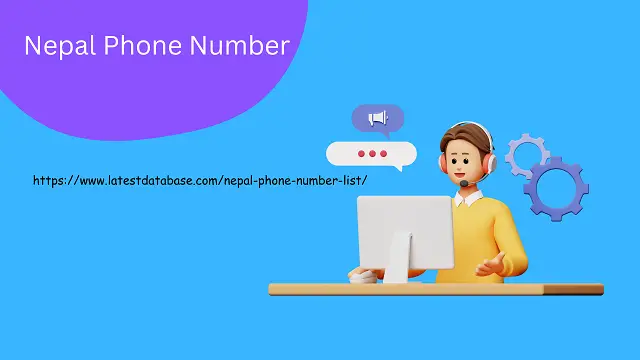Post by account_disabled on Feb 28, 2024 1:19:08 GMT -6
PENGUIN CHECKS TO SEE IF TRAFFIC HAS INCREASED Or, again, one reason for the sudden increase in links to your site could be a large increase in traffic to your site . A significant increase in traffic could be a valid reason to justify an increase in links to your site; but if, upon analysis, the traffic appears constant, there is a suspicion that the links are "combined". PENGUIN CHECKS THE IP ADDRESSES OF SITES WITH LINKS Finally (but the list of cases could still be very long), Google Penguin could check if the links to your site come from sites with different and well-varied IP addresses . If this does not happen, the suspicion of "combining" is triggered and possible penalization. LINKS SHOULD ARISE SPONTANEOUSLY AND CONTINUOUSLY Detecting "positivity" in some of these alerts triggers the penalization and invalidation of the affected links.
In practice, Google hopes for and promotes a framework in which because its contents are interesting, links to them arise spontaneously and in a natural ("organic") way , without the need to impose anything, or pay anything, or offer favorable Nepal Phone Number exchanges . RECIPROCAL LINKS? DON'T POST THEM AT THE SAME TIME In this regard, it should be underlined that the simultaneous creation of two reciprocal links on two different sites is considered with great suspicion by Google Penguin, again for the same reasons mentioned above: we are really sure that the links were created spontaneously and not by force or through a joint agreement? Deciding jointly on a link exchange between sites is a forced and unnatural practice.

Consequently, if you exchange links, do not concentrate the creation of reciprocal links in the same period . In short, Google is interested in links that arise organically, and not artificially. If links arise rapidly in a short time, decreasing and increasing without reason in short periods, Google sees the risk of "combining" and evaluates the consequent invalidation of the links. HOW TO BEHAVE, THEN? Paradoxically, the best solution is to do nothing , letting those who find your content interesting include a link when they decide to. The growth in the number of links to your site will occur in a natural, organic, continuous manner, and with a certain irregularity, which is what Google Penguin is looking for in its analysis.
In practice, Google hopes for and promotes a framework in which because its contents are interesting, links to them arise spontaneously and in a natural ("organic") way , without the need to impose anything, or pay anything, or offer favorable Nepal Phone Number exchanges . RECIPROCAL LINKS? DON'T POST THEM AT THE SAME TIME In this regard, it should be underlined that the simultaneous creation of two reciprocal links on two different sites is considered with great suspicion by Google Penguin, again for the same reasons mentioned above: we are really sure that the links were created spontaneously and not by force or through a joint agreement? Deciding jointly on a link exchange between sites is a forced and unnatural practice.

Consequently, if you exchange links, do not concentrate the creation of reciprocal links in the same period . In short, Google is interested in links that arise organically, and not artificially. If links arise rapidly in a short time, decreasing and increasing without reason in short periods, Google sees the risk of "combining" and evaluates the consequent invalidation of the links. HOW TO BEHAVE, THEN? Paradoxically, the best solution is to do nothing , letting those who find your content interesting include a link when they decide to. The growth in the number of links to your site will occur in a natural, organic, continuous manner, and with a certain irregularity, which is what Google Penguin is looking for in its analysis.


 and now i relised i fucked up on one of the layouts and made the text entry for the quickreply invisible
and now i relised i fucked up on one of the layouts and made the text entry for the quickreply invisible